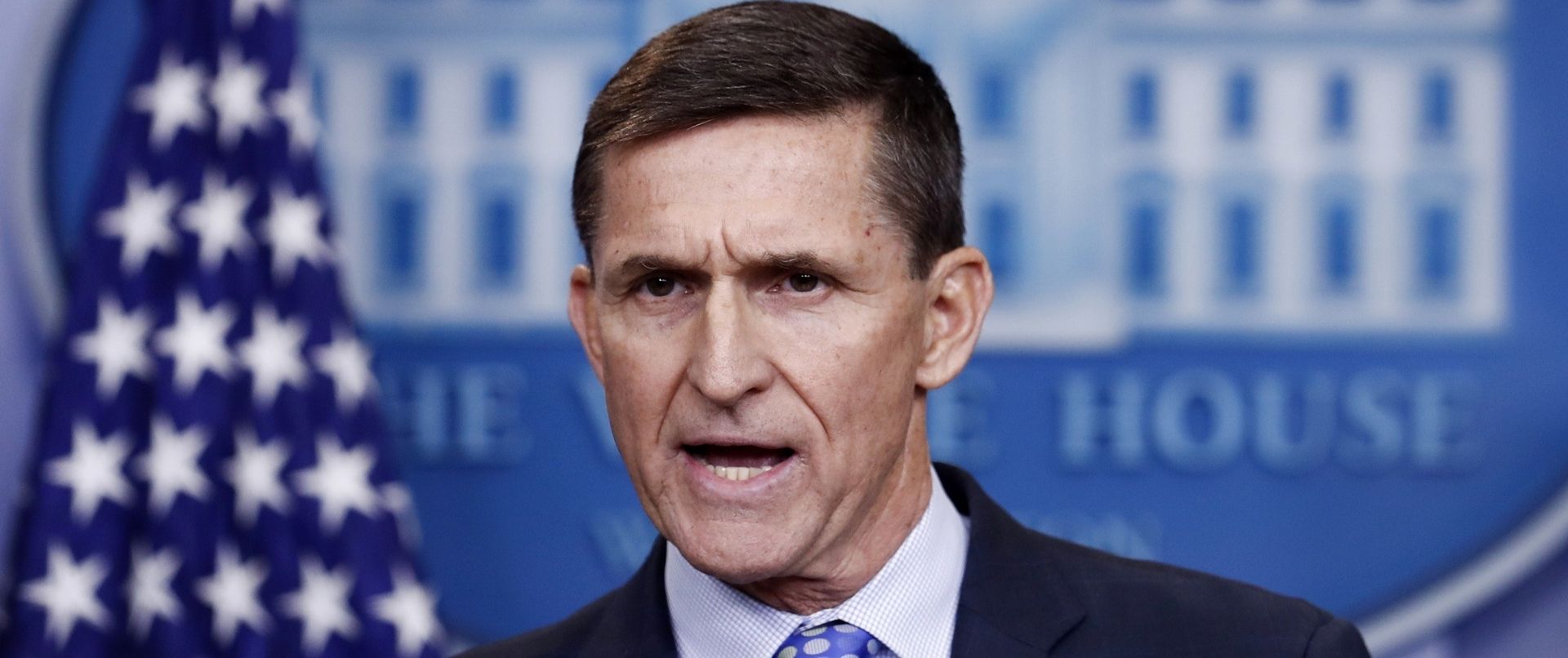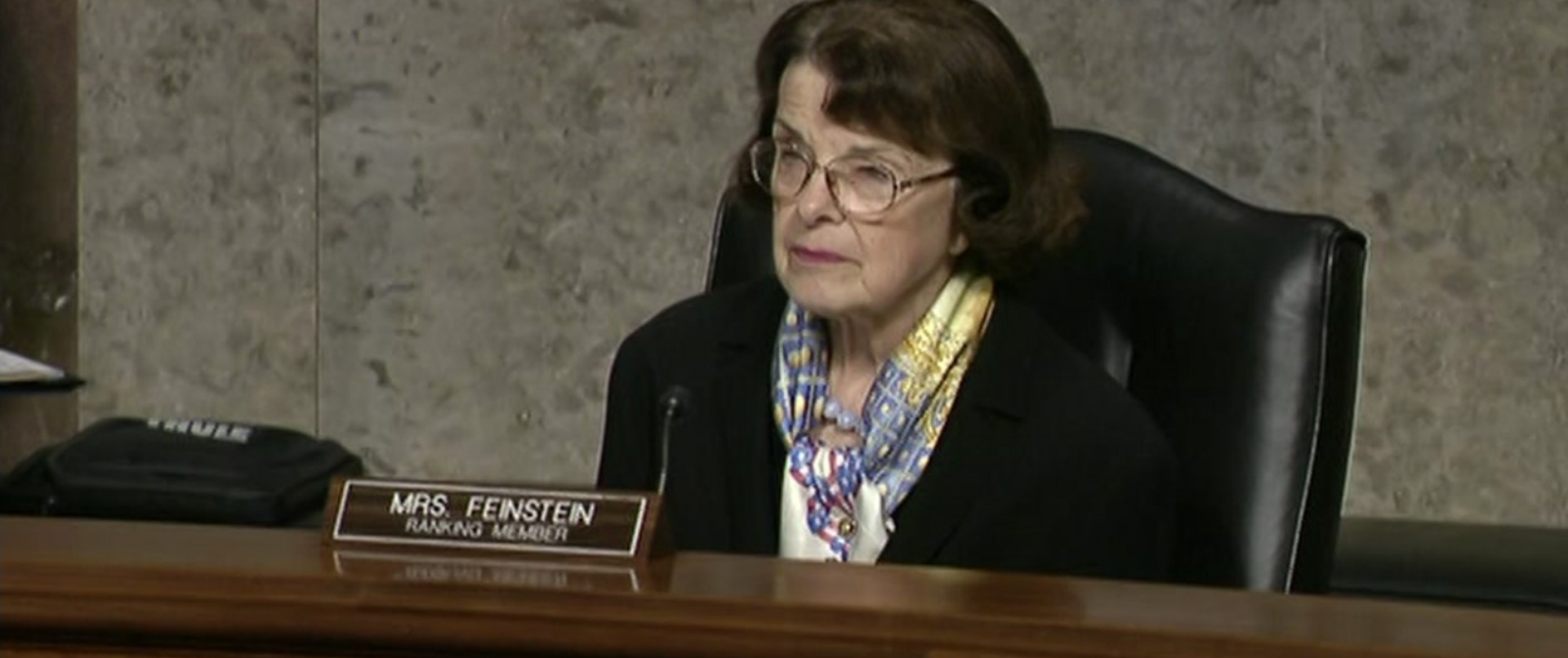Deborah Birx: Increased Mortality Is Expected As The Disease Continues To Spread In Some Of Our Large Metro Areas
Covid-19 fatalities are rising in hard-hit states and starting to tick back up nationally, a sign that mounting outbreaks are taking a serious toll.
Arizona, California, Texas and Florida all set record numbers of daily deaths in recent days. According to an analysis from the Harvard Global Health Institute, daily deaths over the past two weeks from the coronavirus are up 79 percent in Arizona, 37 percent in Florida and 52 percent in Texas.
The mounting deaths undercut President Trump’s effort to downplay the explosion of new cases by pointing to the death rate. Earlier this week, Trump had pointed to falling death counts to push back at criticism over his response to the crisis, given the rising case numbers.
Nationally, the number of deaths per day from the coronavirus has been falling for months. But that drop has largely been driven by the improving situation in the Northeast, which has outweighed the worsening situation in the South and Southwest. Deaths are also a lagging indicator, meaning it takes time for people to die from the disease, so rises in cases and hospitalizations will show up first.
Now, as the situation worsens in the hard-hit states, even the national number of deaths is starting to tick back up. Daily deaths hit their highest point since early June in the past three days, with 867 deaths reported Thursday, according to The COVID Tracking Project.
And while the case fatality rate in the United States is lower than in some major European countries, it is not the lowest in the world, according to Johns Hopkins University data.
Experts said that despite the efforts by some to downplay the severity of the outbreaks in the U.S., it should not be surprising that deaths are rising.
“It’s so crazy that we have to prove to people that sick people die,” said Ashish Jha, director of the Harvard Global Health Institute.
There is still a hope that the daily deaths will not rise as high as they were at the peak in April, when more than 2,000 people per day were dying from the virus in the United States. That is in part because doctors are more experienced in treating the virus, and there are new treatments, including dexamethasone, a drug that a British clinical trial in June showed reduced deaths in seriously ill patients by one-third.
The new outbreaks are also concentrated more heavily in younger people, who are less likely to die from the virus. But some young people still can get seriously ill from the virus or even die, and they can also spread it to others who are more vulnerable.
Josh Michaud, associate director of global health policy at the Kaiser Family Foundation, said the increase in deaths in hard-hit states “is not something that is surprising.”
“It’s almost like gravity after you have an increase in cases,” he added. “It’s logical you would see an increase in deaths.”
A top White House health official, Deborah Birx, also acknowledged on Friday during a virtual conference that “increased mortality” is “expected as the disease continues to spread in some of our large metro areas.”
In Texas, which hit a record 105 deaths from the coronavirus on Thursday, Governor Greg Abbott is sounding the alarm after previously resisting stricter measures. He issued a mandatory mask order earlier this month, a reversal after he previously sparred with localities that wanted to issue such orders.
“We have a short period of time here the next few weeks to try to bend the curve of this explosion of the number of cases, the number of hospitalizations and the number of deaths occurring because of COVID-19,” Abbott said Friday in Texas.
He added that people complying with the mask order would help avoid the need for a new shutdown, which he said he hoped would not be necessary.
A looming risk, though, is that as hospitals show signs of strain in hard-hit areas, they could become overwhelmed enough that the quality of care declines, causing more deaths.
“If we don’t change the trajectory, then I am within two weeks of having our hospitals overrun,” Austin, Texas, Mayor Steve Adler said in an interview on Sunday. “And in our ICUs, I could be 10 days away from that.”
Michaud, of the Kaiser Family Foundation, said that sort of situation could lead to even more deaths: “When you get to that point, then you start to worry about deaths that you might have been able to prevent had you not exceeded capacity.”












